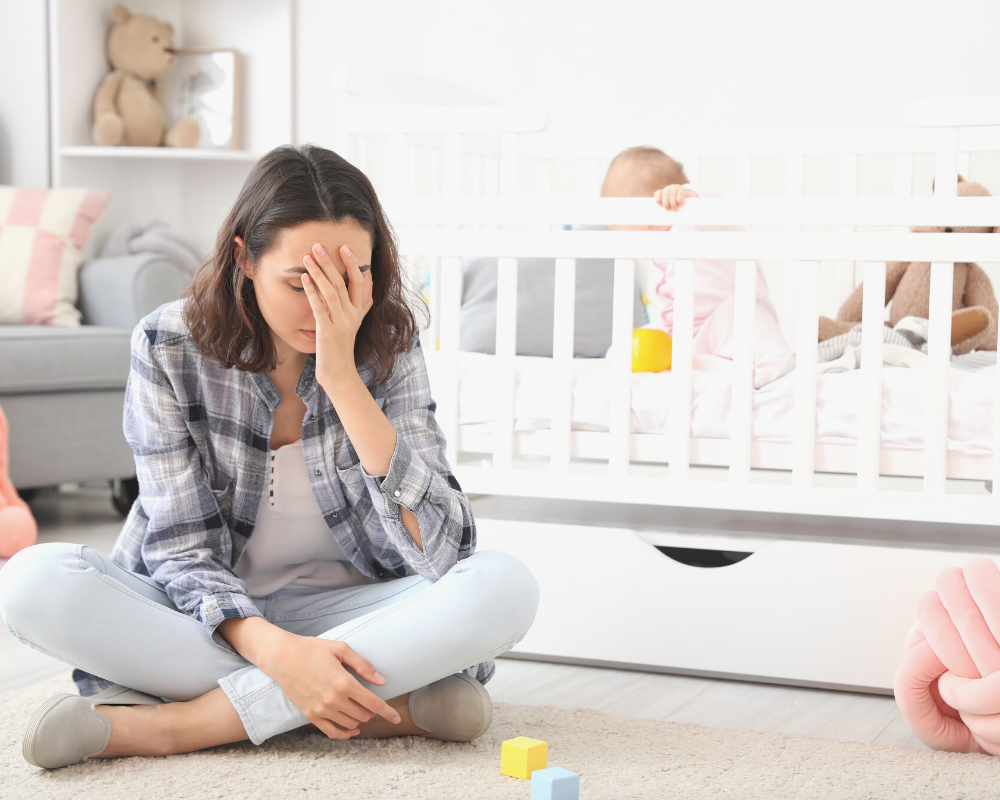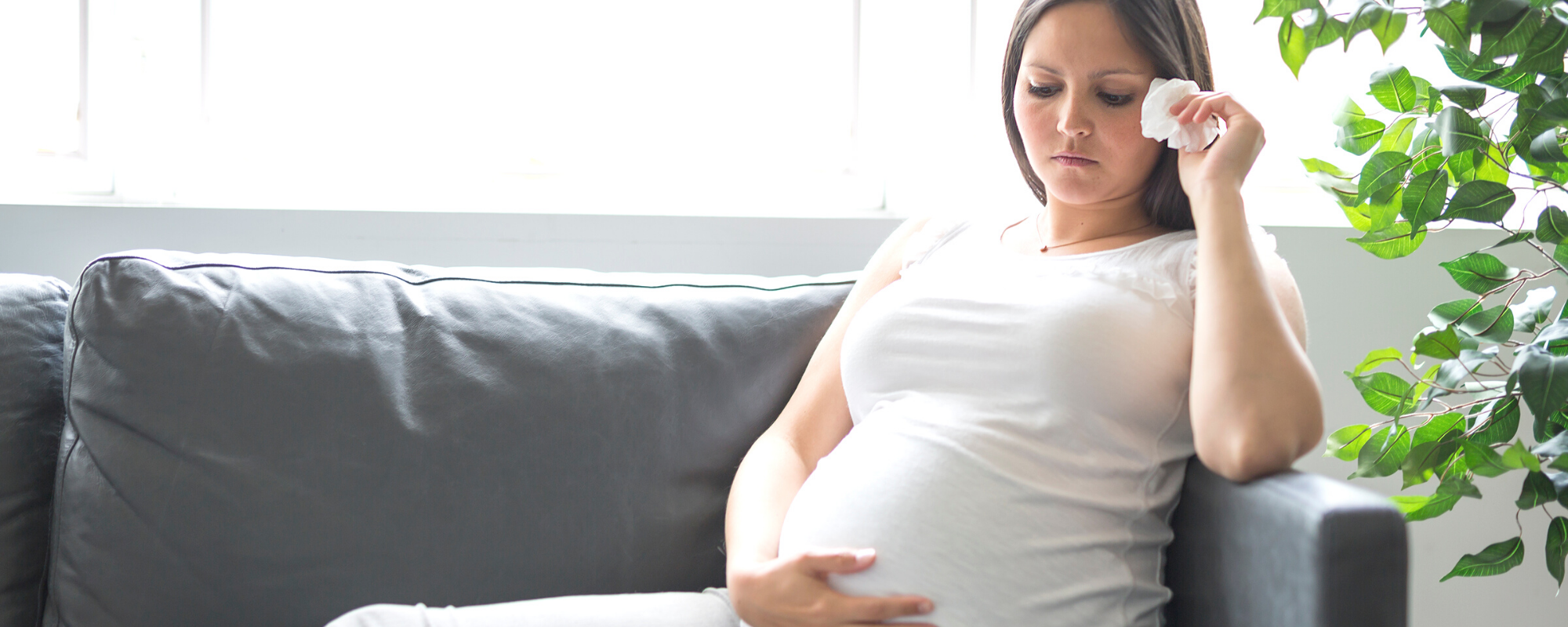Is it baby blues? Or postpartum depression? Here’s how to tell the difference and manage postpartum depression symptoms before it gets out of control.

Is it baby blues? Or postpartum depression? Here’s how to tell the difference and manage postpartum depression symptoms before it gets out of control.
Women experience a multitude of emotions after having a baby, ranging from joy, anxiety to sadness. Although the arrival of a new baby is supposed to be a happy occasion, it is normal to feel frustrated and overwhelmed about caring for your new baby. Hence the term baby blues! Baby blues is commonly experienced by women who are dealing with motherhood for the first time. Baby blues don’t last long and usually fade away on their own. It is not considered a serious medical condition.
Postpartum depression is different from baby blues. Postpartum depression is more severe and lasts much longer. Most women experience postpartum depression a few weeks after delivery, but some women may also display symptoms as late as 6 months post-delivery. Symptoms include depression, mood swings, negative feelings towards your baby, and impaired decision-making. Bear in mind that many mothers experience these feelings at some point and it is completely normal to feel great one day, and feel the complete opposite the next day. A good way to distinguish postpartum depression from baby blues is, in addition to having the symptoms above, you also have delusional thoughts or hallucinations. These hallucinations may lead to irrational behaviours that are unsafe for you and your baby.
Postpartum depression occurs more often than you think – one in ten women suffer from postpartum depression after childbirth. If your feelings of baby blues persist to the point that it interferes with your daily life, then you might be suffering from postpartum depression (PPD).
What makes a woman more vulnerable to postnatal depression? Expecting mothers with a history of depression, who were depressed during pregnancy and who have financial difficulties or marital woes may find it more difficult to cope with a newborn, and are more likely to feel depressed.
Many women often do not realise they have postpartum depression as it can emerge gradually. It can suddenly begin out of nowhere, or you could experience PPD with your second baby even though you sailed through the first pregnancy. A certain state of affairs can also add more stress to new mothers, such as having a difficult pregnancy, premature delivery, problems with breastfeeding, and medical issues resulting from a difficult childbirth.
The best way to see if you have postpartum depression is by checking in with your doctor. If your “baby blues” last longer than 2 weeks, it is best to seek your doctor’s advice. They can then evaluate your symptoms and work out the best treatment plan for you. Not all forms of depression require medication, and sometimes making changes to your daily habits may just do the trick of lifting you out of a bad mood.
One of the things you can do is to get sufficient rest and sleep. Women who sleep less than 4 hours are more likely to get depressed than the average women. In the beginning, sleeping may be hard with your baby waking up to feed multiple times through the night. In this case, it might be helpful to prepare some milk bottles in advance so your partner can take over a night feeding or two. Don’t be shy to seek help from your partner or family members with chores to lighten your load. You may find that it is easier to sleep at night with the right encouragement and reassurance from your loved ones.
As new mothers, food is often the last thing on your mind but don’t underestimate the power of a healthy meal! Going without food for too long causes your energy levels to dip, and going on a diet immediately after childbirth is not recommended. You will feel tired easily and fatigue increases depression. Furthermore, if you are breastfeeding, you will need the calories and nutrients to keep up a regular milk supply.
Although you may not feel like it, light exercise is a very effective mood booster for new mothers. In a new study recently published, walking has been shown to have an anti-depressant effect on women with postpartum depression. A good way to incorporate exercise into your busy routine is to walk with your baby in a stroller outdoors for 10 minutes a day. Additionally, you can try doing simple workouts with the equipment at home.
Your doctor may also refer you to network with other mothers as part of a support group. Sharing your experience with other mothers, especially those who had postpartum depression previously, has been shown to reduce depression. Having regular social contact will also help you feel less alone and isolated. You may also learn new tips to bond with your baby!
With the right resources, postpartum depression is definitely manageable. Many women have seen improvement in just 6 months with the right treatment. You are not alone in this battle. With mental health issues at the forefront nowadays, mothers and families at never short of options in resources to ride out this rocky voyage called motherhood!


